Celtic Mythology
-
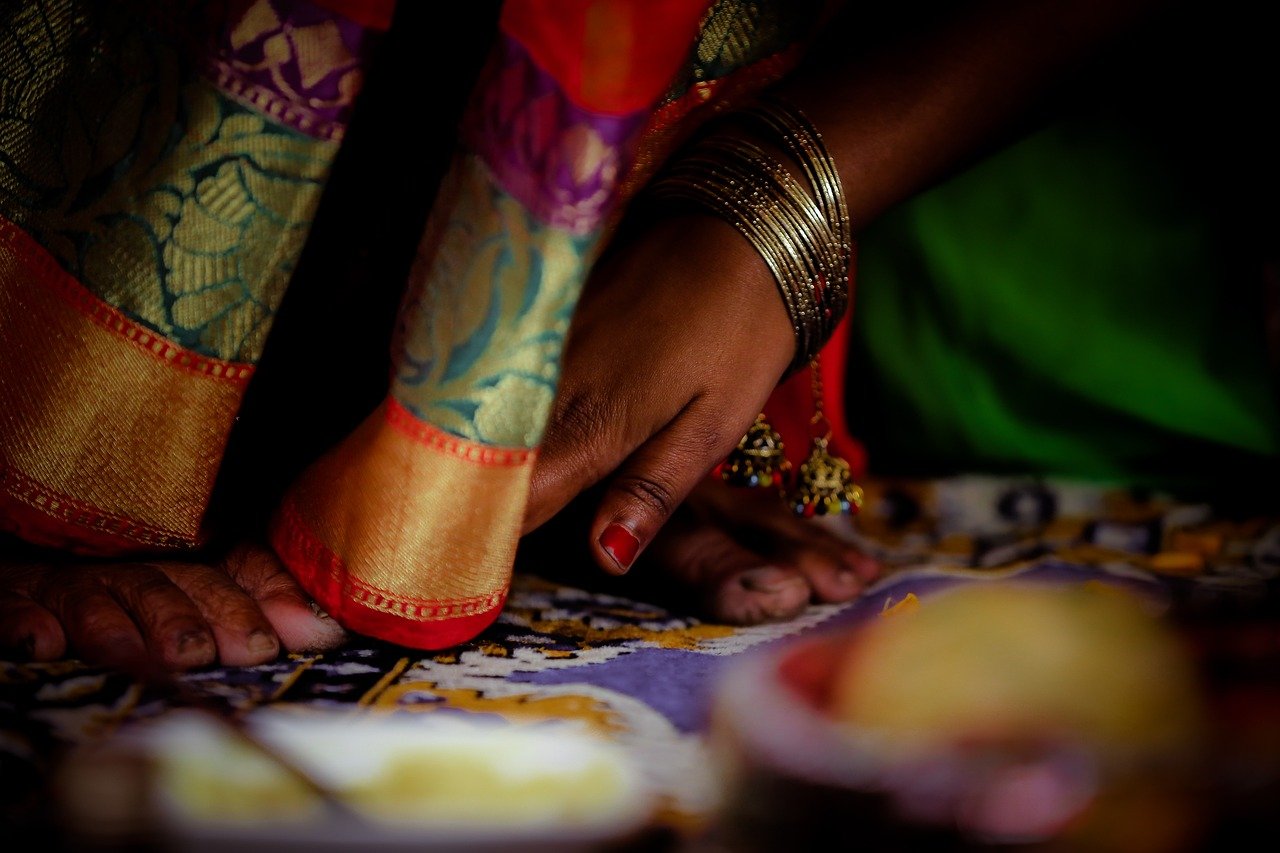
Celtic religion encompasses the spiritual beliefs and practices of the ancient Celtic people. This group, an Indo-European civilization, experienced its peak during the 4th century BC, spreading across Europe from Britain to parts of Asia Minor. The subsequent centuries marked a gradual decline, particularly after Julius Caesar’s campaigns in Gaul (58–51 BC), which resulted in…
-
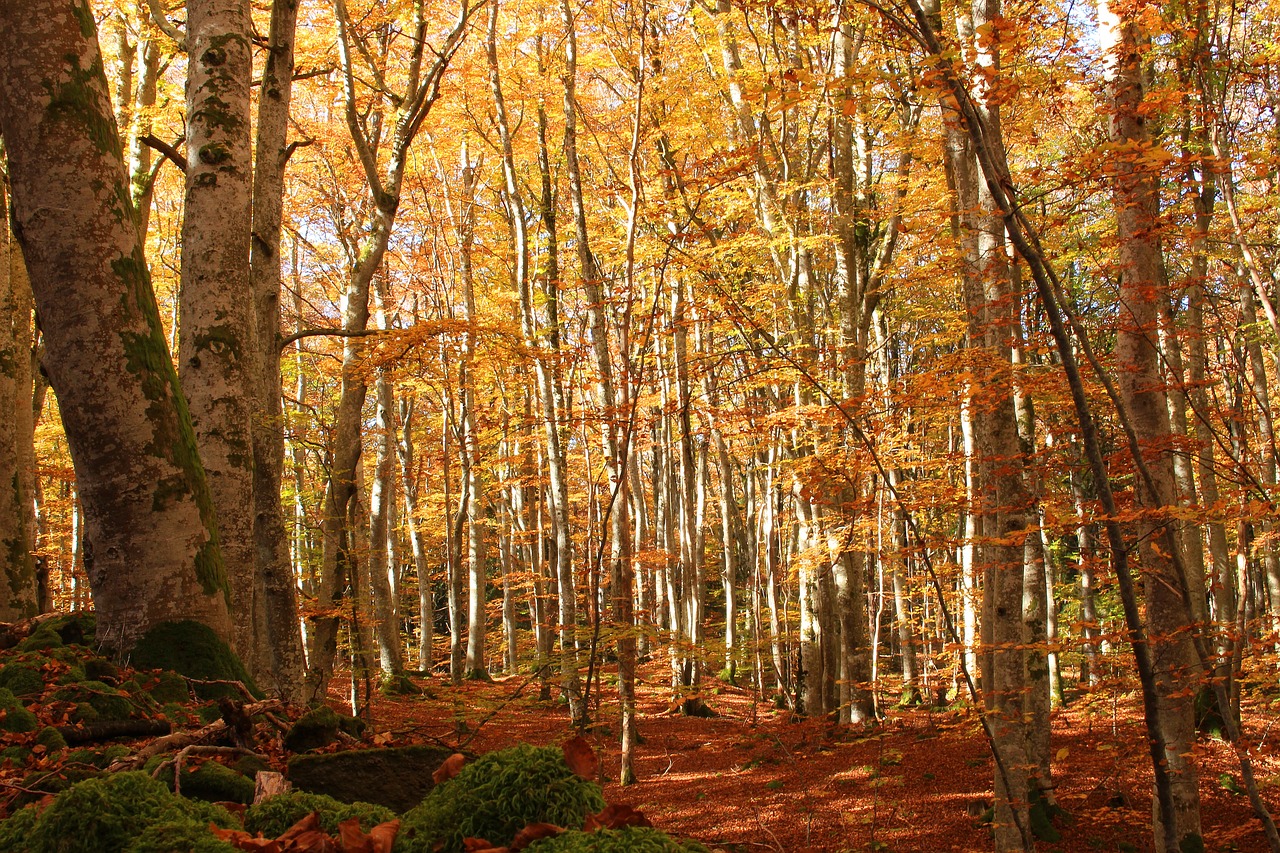
Celtic religion encompasses the rites and beliefs held by the ancient Celts, a group that played a significant role in early European history. This Indo-European people peaked around the 4th century B.C., when they inhabited vast territories that stretched from Britain to Asia Minor. However, their decline began around the 3rd century B.C., exacerbated by…
-

Cú Chulainn, pronounced as Koo-kul-in, also known as Cúchulainn, stands as one of the most celebrated figures within Irish-Celtic mythology, prominently featured in the Ulster Cycle. He is the son of Lugh, another legendary hero in Irish lore, and wields the formidable weapon Gáe Bolga, a spear capable of inflicting thirty wounds with a single…
-
Irish and Welsh mythology brims with enigmatic and captivating figures, though many narratives have vanished through the passage of time, primarily due to oral traditions and generational storytelling. Among these stories, one has endured partially against the tide of time: the tale of Arawn, the king of the Otherworld in Celtic and Welsh mythology. Arawn…
-
Background Medb, a daughter of the king of Tara, controversially made a name for herself by assassinating her sister while she was pregnant. Subsequently, Medb married Aillil and took control of Connacht, land that her sister would have claimed. She rose to prominence as the queen of Connacht, particularly noted for her involvement in the…
-
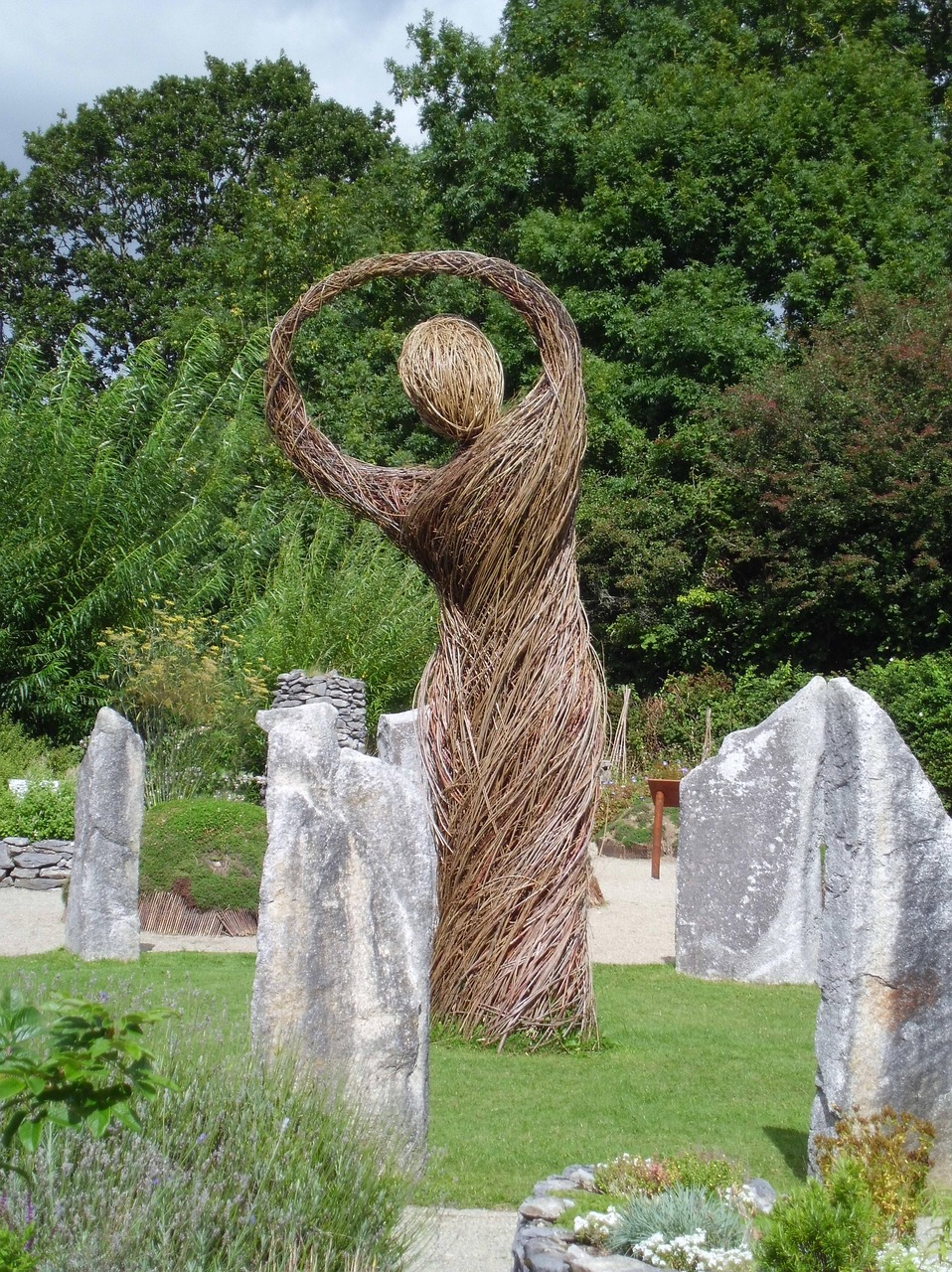
Lughnasadh: A Celestial Celebration of Harvest and Tradition Dive into the vibrant culture of the Celts, exploring the legends, practices, and festivities that shaped their ancient heritage. Among the pivotal celebrations within the Celtic calendar, Lughnasadh—also referred to as Lughnasa—emerges as a cherished festival with extensive historical importance. This composition delves into the essence of…
-
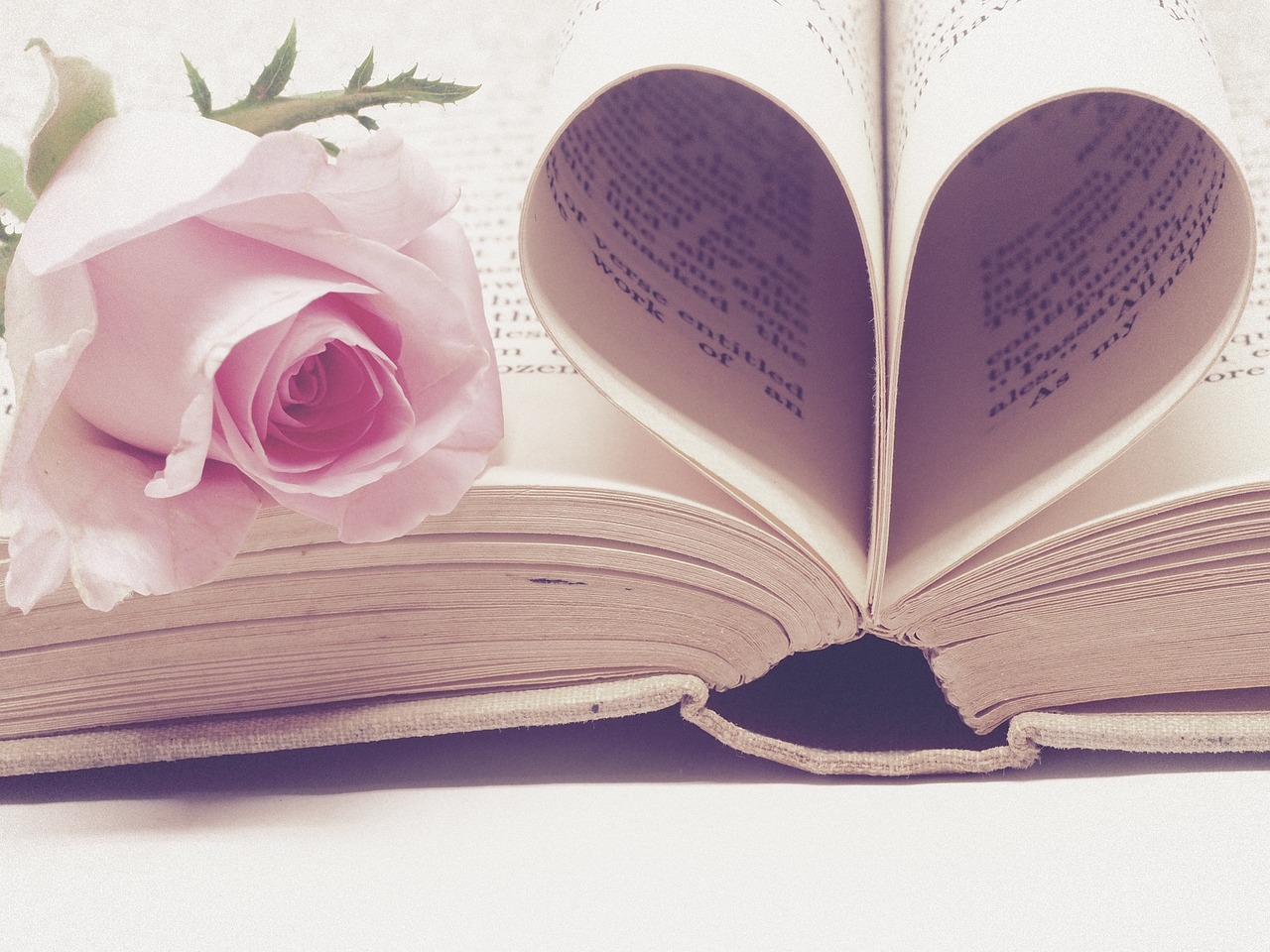
On a serene summer night filled with the fragrances of heather and honeysuckle, Aengus, the son of Dagda, stirred from his sleep to find a mesmerizing young woman approaching him. Captivated by her beauty and grace, he attempted to speak but she vanished without a trace. Aengus remained in his bed throughout the night, his…
-
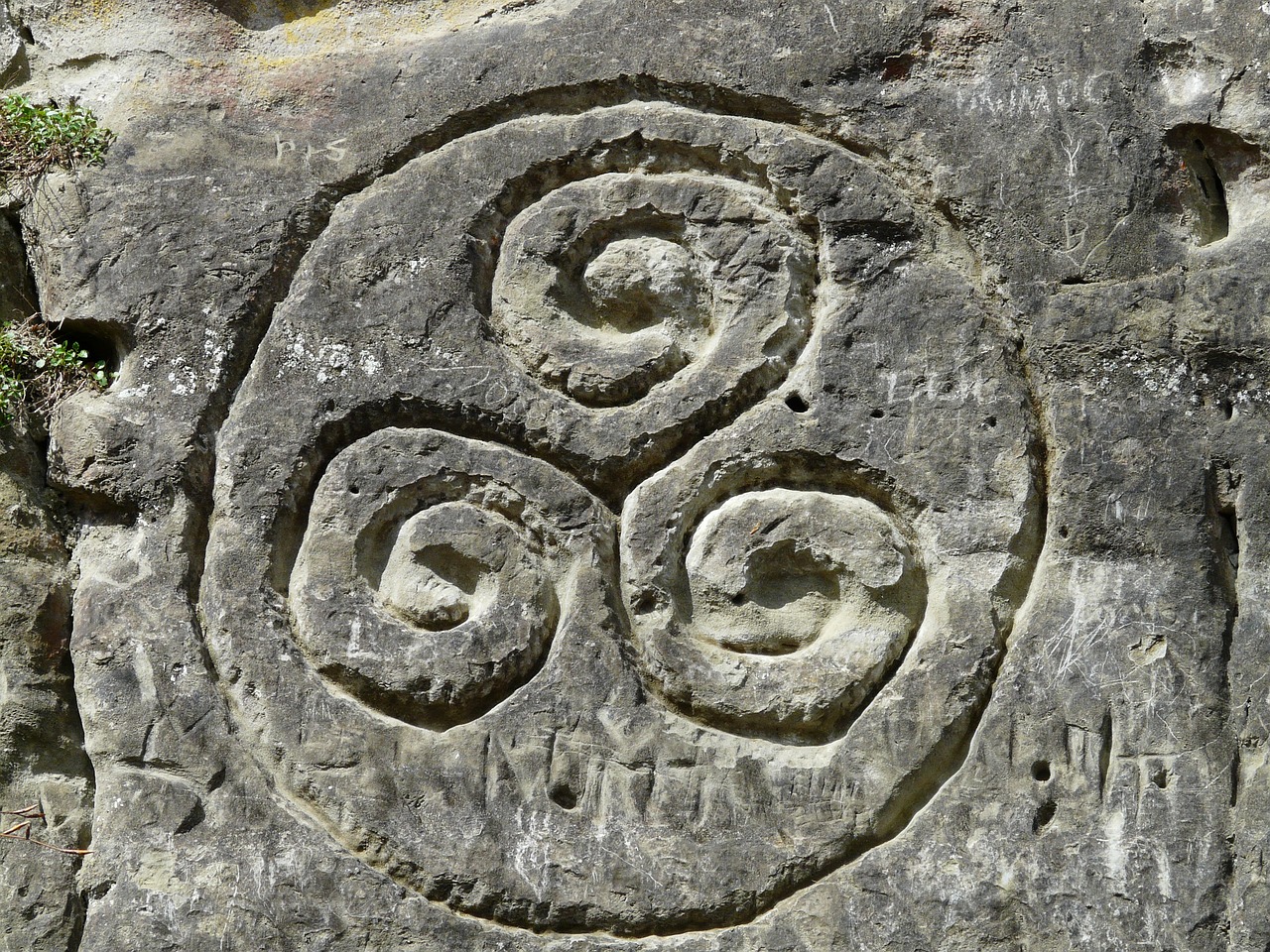
Epona, a significant figure in Celtic mythology, embodies the deep connection between the Celts and horses. The etymology of her name highlights this bond, as “epos” denotes “horse” in Celtic. Epona serves as the goddess of mares and foals and is mentioned in ancient texts, such as Juvenal’s Satire, which illustrates her esteemed reputation in…
-
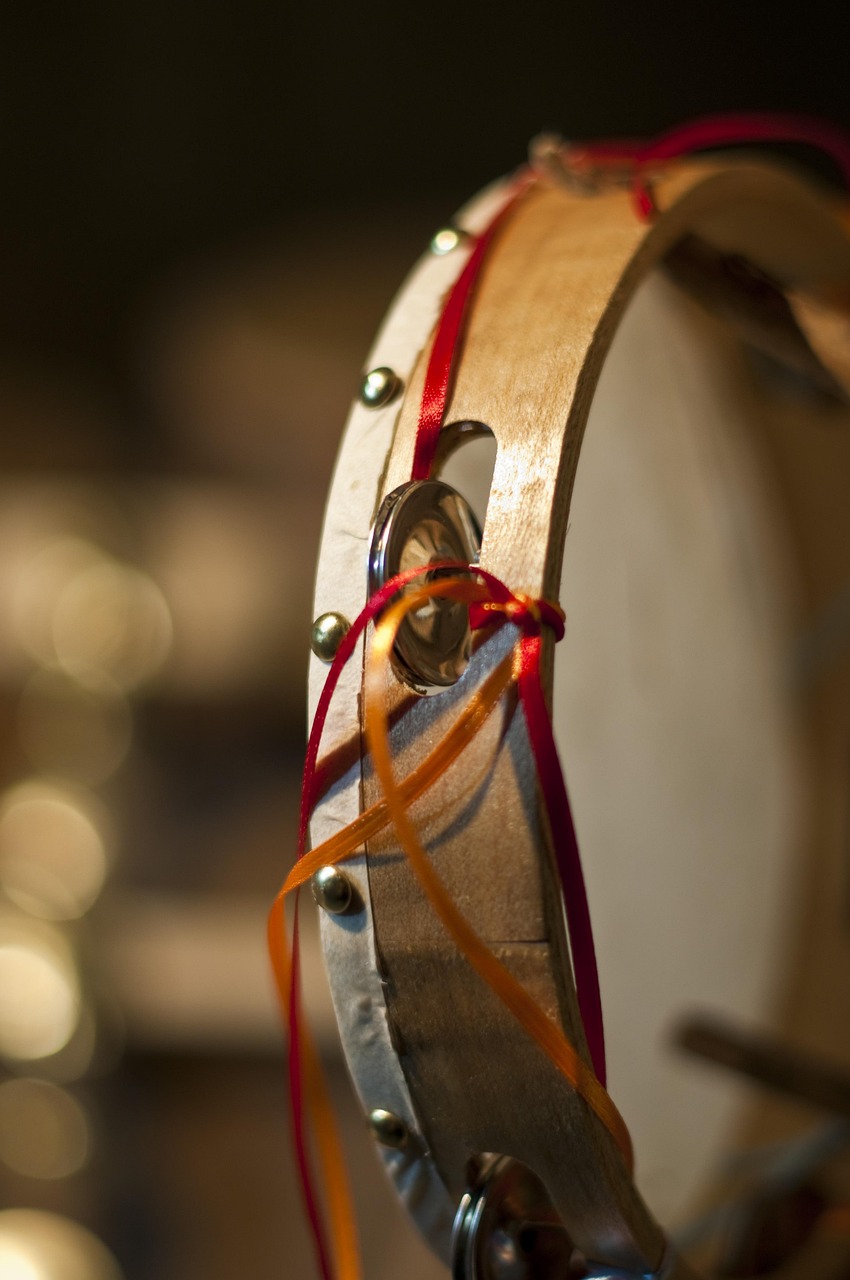
La Llorona: A Haunting Tale from Mexican Folklore If you happen upon a weeping woman by the banks of the Rio Grande at night, heed caution; she could be La Llorona, a perilous figure in Mexican folklore. Local legends tell the story of her tragic demise, attributing her inability to move on to the grievous…


